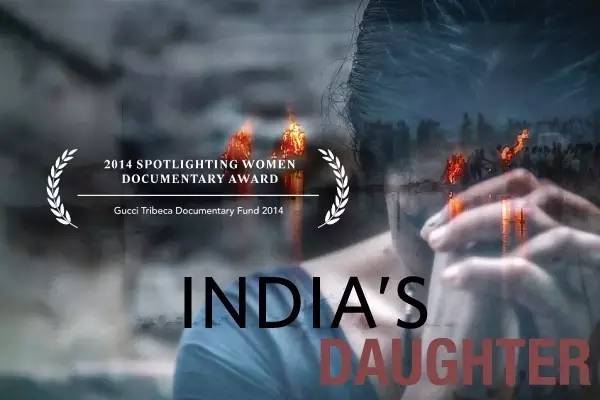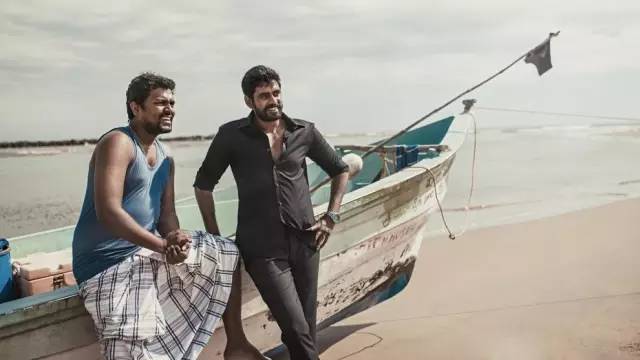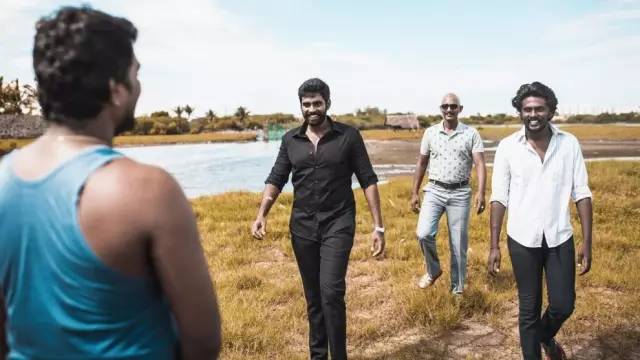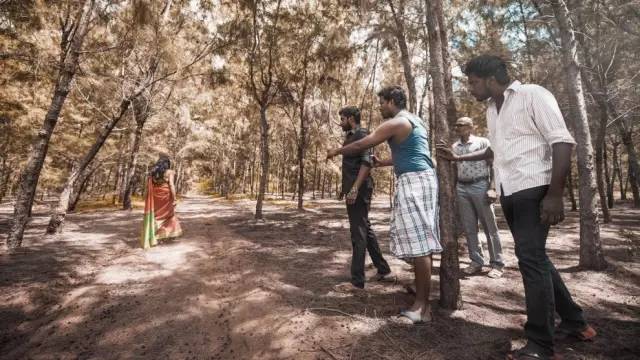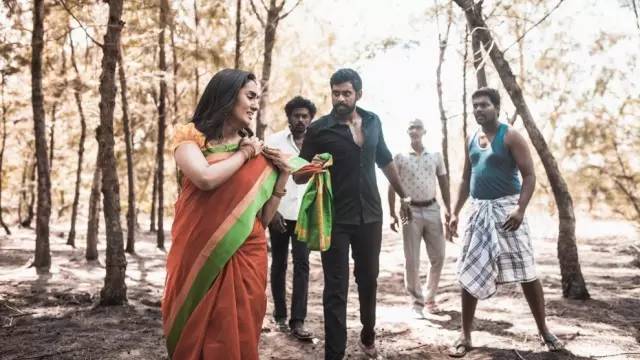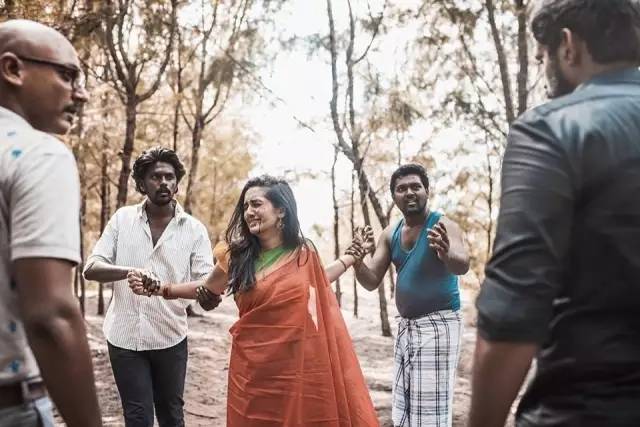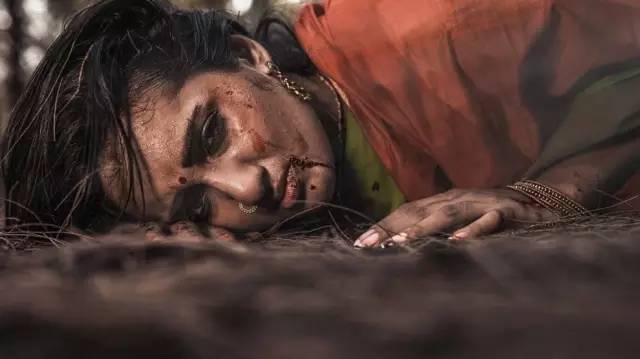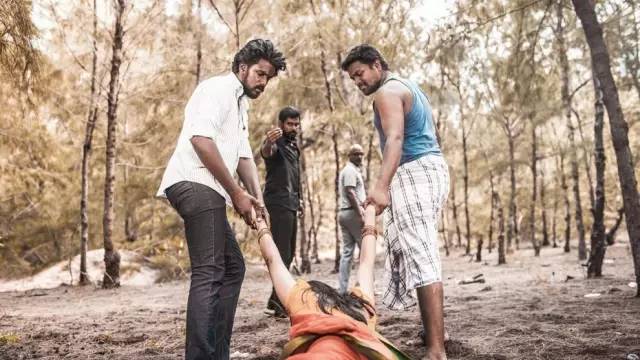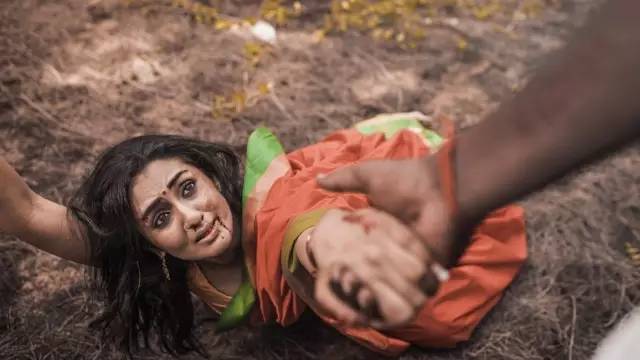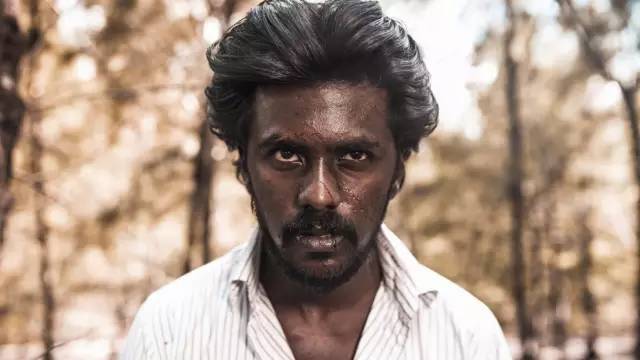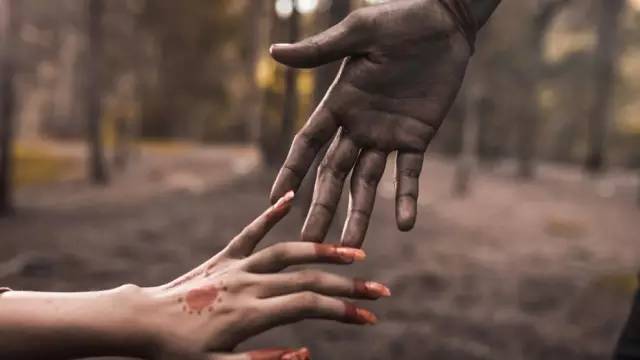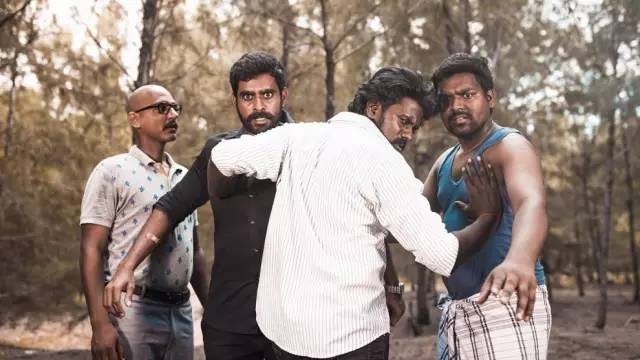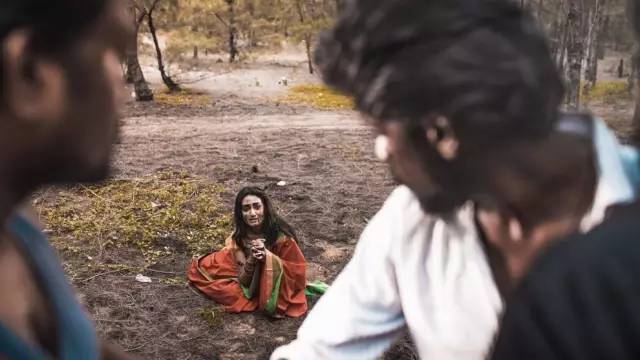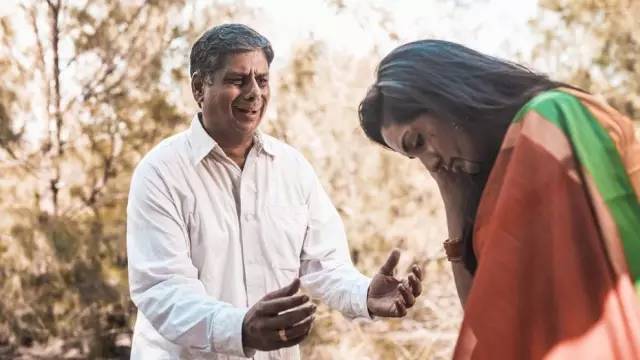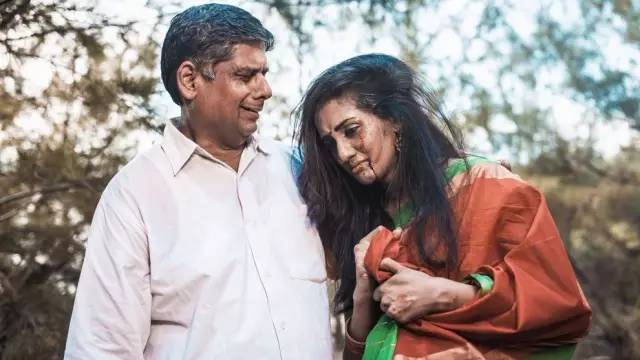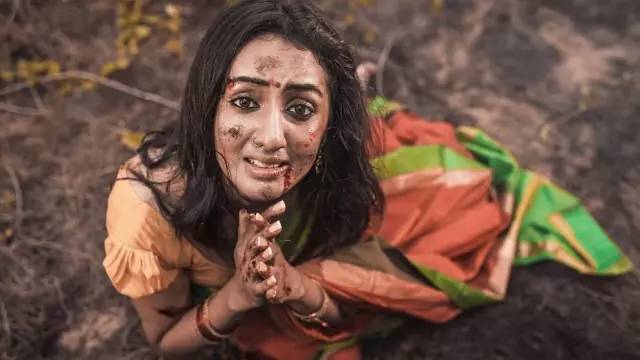On Feb. 23, 2016, an Indian woman, within hours of giving birth by C-section, was raped in a hospital near New Delhi. Some in India took consolation in the fact that at least she was not, like Nirbhaya—the 23-year-old female physiotherapy intern—beaten up after being raped.
A few days later, on March 8, 2016, on Women’s Day, a 15-year-old girl was raped and set on fire.
For those who don’t remember, in December 2012, Nirbhaya was beaten with iron rods, gang-raped, and tortured in a private bus while she was travelling with her boyfriend. As a result of an international outrage over her assault and subsequent death, new laws and new fast-track courts were promised. More women are now willing to report rape cases. But even two years after Nirbhaya, her father claims that the promises of reform were unmet, and that justice in India has failed his daughter and women like her.
Indeed, Amnesty International reports that authorities have not effectively implemented new laws on crimes against women. The majority of rape cases still go unreported. In Prime Minister Narendra Modi’s India, the problem, instead of abating, has become worse:
2011 24,206 (reported rapes per year in India)2012 24,9232013 33,7072014 37,000
In India a women is reportedly raped every 15 minutes. Multiply that by 24x7, 365 days a year. And keep in mind the majority of rape cases still go unreported. The statistics on crime against women is even worse: Every 2 minutes, a women in India is a victim of a crime. This ongoing issue with violence against women raises the real and serious question of whether India is truly ready for a seat on the global table.
One explanation for the ongoing rape problem is the skewed sex ratio. Like China, India has a massive imbalance in its sex ratio. According to the Indian census, the sex ratio in the 6 and below age group has risen from 102.4 males per 100 females in 1961 (the Liberal Nehru days) to 108.9 in 2011 (the Fiery Hindutva Ideology days). In Gujarat, Indian PM Modi’s home state, the sex ratio is 112 to 100.
Economists and sociologists call this the Bare Branches phenomenon, a result of female feticide over a very long period of time. It is an issue that India shares with its massive neighbor, China, where boy babies are also culturally preferred over girls. Independent studies out of MIT and Columbia University have postulated that these Bare Branches—males with a snowball’s chance in hell of finding a female companion—threaten domestic stability and international security.
And yet, the surplus of males in China doesn’t appear to be leading to a rape crisis there. In fact, research has found that while China has seen an uptick in general violence due to the Bare Branches, they actually tend to behave gently around women. No such correlation was found in India.
Why this shocking disparity?

A simple answer points to the Indian caste system. There is an expression in India that “bringing up a daughter is like watering a neighbor’s plant.” India places women lower than men. There is a total and complete disrespect for women in Indian religious scriptures. The Mahabharata, Book 13 Section 40 (13.40), states, “There is no creature more sinful, than woman. She is poison, she is snake.” Other texts say that “Women are living lies.”
Now, to begin with, Bare Branches are predisposed to violence—but in the absence of any respect for women, this violence comes without remorse and becomes unhinged. This is precisely what we are seeing today. The caste system explains the violence against women in India, but to understand the inordinately high number of rapes in India, one needs to dig deeper for answers.
At this moment in its long tumultuous history, India is seeing a renaissance of a narrowly defined, ultranationalist, militant Hindutva ideology. Modi is the poster child of this ideology. This ideology places a lot of emphasis on India’s most beloved epics and historical stories. Sadly at the heart of these ballad-like mythological stories lie lurid tales of sex that glorify rape.
The God Vishnu is said to have raped Tulsi/Vrinda by assuming the guise of her husband:
On seeing her husband, Vrinda was delighted, she forgot her sorrow, dormant passions kindled up. She embraced her husband right there in the middle of the forest. But, at the end of the intercourse she realized that it was Vishnu and not her husband. Vrinda rebuked him angrily. Vrinda said, “Fie on Vishnu in outraging the modesty of another man’s wife.”
Yet this horrible act is justified and glorified, because Indians believe that Tulsi’s husband, Shankachuda/Jalandhar, was invincible in war unless her chastity was first destroyed. Therefore to defeat Jalandhar, it was imperative and gallant of Vishnu to rape Tulsi. Vishnu is seen as a hero for raping her.
Then there is God Brihaspati. He is the Guru of all Indian Gods. Well, this Guru of Gods raped his own pregnant sister-in-law, Mamata. According to Matsya Purana 49.17-28:
Brihaspati, one day saw Mamata, the wife of his brother, Usija. She was pregnant at that time, nonetheless, the story goes that that Brihaspati proposed to her, “Dress thyself well and let us enjoy.” She replied, “The embryo in my womb is mature and is already reciting the Vedas.” Hearing that Brihaspati said, “I don’t need to be taught morality by thee, O sweet one.” After saying that, he raped her.
In America, the day Donald Trump started using bigoted language, Macy’s stopped carrying his clothing line. The Cosby Show was pulled from reruns soon after scores of women accused the comedian of rape. In normal societies people shun bigots and rapists. On appalling issues like rape, one is in fact guilty until proven innocent.
But Brihaspati, even after the tales of rape, is still a God in India. No God in India was ever demoted, leave alone “prosecuted,” for raping a women. Every rape in Indian stories is given a clean chit. It is merely what macho men do; it is just normal. Indian mythology conditions people to attach zero consequence to rape. Furthermore, it is not just rape—all kinds of sordid sex that the modern West would consider taboo is glorified and normalized in old Indian Scriptures. Sex between brothers and sisters, check; parents and children, check; and even with corpses and corpses of dead animals. In the Oscar-nominated movie, The Revenant, the Bear leaves Leornado DiCaprio alone, but in Indian mythology, the Bear has sex with the God Brahma and gifts him with a child, Jambu Vandan.
In a society where the national narrative conditions people to think that rape has no consequences; where violence has been unleashed by an imbalanced sex ratio; and where women have little or no cultural respect, 37,000 reported rapes per year is not shocking, or even surprising. It is just par for the course.
This oppressive atrocity against women in India will get worse, not better. Things will not get better unless there is an international outcry against Modi and his right-wing goons. When Modi met President Obama in India, he was so overwhelmed with the honor that he dressed up in his best vanity suit fit for a James Bond Villain’s audition. The suit notwithstanding, we understand that he wants legitimacy and respect on the global arena. Perhaps a seat on the big boy’s table should be held back till he curbs the Hindutva Ideology, and makes conditions safe for women in India.
Hence, for the women in India, the world needs to hold Modi responsible. Every 2 minutes a women is victimized in India. An international outcry can make a change for the better.
Rape Is A Crime In India — But There Are Exceptions
April 13, 20161:14 PM E
http://www.npr.org/sections/goatsandsoda/2016/04/13/473966857/rape-is-a-crime-in-india-with-one-exception
In India, rape is illegal. And the definition of what constitutes "rape" was widened only recently in response to a horrific fatal assault in New Delhi in 2012. Forced penetration by any object in any orifice is now a crime.
Despite this law, some men in India can have sex with a woman against her will. That's because Parliament chose to exempt husbands.
This decision — which makes India one of 49 nations that don't criminalize marital rape — has come under fire from women's rights advocates around the globe.
The U.N. Committee on Elimination of Discrimination Against Women recommended that India change its stance in July 2014. And again, in March 2016, United Nations Development Program Chief Helen Clark went on record to say India would run afoul of the Sustainable Development Goals it has adopted if it does not amend this law.
But many of India's leaders argue that this change would be at odds with the culture of the country. That group includes Maneka Gandhi, union minister for women and child development, who had previously backed the criminalization of marital rape. Last month, she created a stir when she announced that she was reversing her position.
The argument that Gandhi and others make is that societal norms, poverty and a lack of education make such a law out of the question.
That doesn't mean that there aren't voices in India speaking out against marital rape.
In 2015, two separate pleas were submitted to the Supreme Court asking for the law to be amended by deleting the marital rape exception. In the first, the petitioner, a 28-year-old, had already filed charges against her husband for domestic violence (a civil, not criminal offense) as well as "cruelty." She used her maiden name, Reema Gaur, to shield her identity.
What she wanted next was the ability to bring him to justice for repeatedly raping her. "The law as it stands today amounts to a state-sanctioned license granted to the husband to violate the sexual autonomy of his own lawfully wedded wife," the plea stated.
Appearing on TV, heavily veiled, wearing spectacles that magnified her eyes, Gaur talked about her marriage. "Every night post the wedding was a nightmare with me. ... He would never even ask my permission," she said. "He used to beat me up, insert artificial [objects] in me. At some point I was in such a condition I was not even able to walk," she said, her voice thick with tears. On the night she decided to leave, she said, "He hit me 18 times on my head with a box and a torchlight. And then he inserted the torchlight in my vagina."
Bleeding and in a semiconscious state, she called her mother for rescue. The bleeding lasted two months. In the year she was married, when Gaur tried to talk to her in-laws and her parents, "The only thing they told me is, 'Try to adjust.' "
In Indian society, as in many nations, marriage is often seen as a private relationship in which abuse is not only tolerated but also expected. The Gates/Clinton foundations' No Ceilings Report says that 80 percent of women in developing countries believe their husband has a right to beat them and that 1 in 3 men has admitted to forcing sex with his wife.
A 2013 United Nations report said that of 10,000 men surveyed in six countries, including India, a quarter admitted to having raped a female partner. The study said, "The most common motivation that men cited for rape was related to sexual entitlement — a belief that men have a right to sex with women regardless of consent."
It gets more complicated. In India, according to the Hindu Marriage Act, withholding conjugal relations is reasonable grounds for dissolution of a marriage and divorce. But forcing those conjugal relations? Within a marriage, it's not a crime, unless the bride is younger than 15 (which, in itself, is a crime — the legal age for a woman to marry is 18).
So any woman who has been sexually assaulted by her husband is stuck with the same limited options as Gaur: She can only file for protection and a restraining order under the Domestic Violence Actor under Section 498A, which punishes a husband with up to three years in prison on grounds of cruelty.
Kamlesh Kumar Mishra, a legal consultant at the Human Rights Law Network, was the advocate who filed the first public interest litigation in the Supreme Court representing Gaur. The court's response was not what he had hoped for: "Since this is a petition by an individual, we would not like to intervene." The petition was withdrawn.
Unfazed, Mishra's colleagues filed a second petition, this time representing several women's right organizations. "It went before the same bench and met the same fate," Mishra said. The justification this time? "India is not a country where this can be done."
Marital rape, they asserted, is a Western concept, and they cited the Law Commission of India's 172nd Report on Review of Rape Laws of 2000, which said that the exemption of husbands should not be removed since "that may amount to excessive interference with the marital relationship" and that "marriage presumes consent."
Last year the U.N. Committee on Elimination of Discrimination Against Women recommended that marital rape be criminalized in India. After that recommendation, a question was raised in the upper house of Parliament asking what action had been taken. Haribhai Parathibhai Chaudhary, minister of state for home, replied, "It is considered that the concept of marital rape, as understood internationally, cannot be suitably applied in the Indian context due to various factors, including level of education, illiteracy, poverty, myriad social customs and values, religious beliefs, mindset of the society to treat the marriage as a sacrament." This response was repeated verbatim by Minister Gandhi in Parliament.
Deepika Narayan Bhardwaj, a filmmaker and activist, agrees that marital rape is a societal problem but does not believe the law needs to be changed.
She says its possible to get justice under the existing law: "Having a new law with no measures in place, no processes, checks and balances — in today's circumstance, the marital rape law would be a disaster," she says.
She believes that the state doesn't have the ability to support women who might seek a divorce because of marital rape. "It's naive to say women have complete right of consent and rights over their body, when the truth is they're dependent on their husbands for everything, financially, emotionally," says Bhardwaj. "A woman files marital rape, the guy lands in jail. If the woman is dependent on him, where does she go?"
But protection from marital rape is "not a Western problem. It's a basic human right," argues Trisha Shetty, founder of She Says, a website for information and action on sexual crimes against women. "People in India think sexual abuse and rape is something that happens to the poor. That myth needs to be broken," she says. People across all economic classes get abused, she adds, "That whole assumption that you're making laws for people who don't understand is nonsense. Everyone understands the concept of consent, of saying, 'No.' "
Her response to the opposition: "If you're so aware of the fabric of society breaking, then roll out awareness schemes, educate people. Don't close your eyes and pretend the problem will go away."
She Says and several NGOs, including Jagori (which in Hindi means "awaken, women!"), have organized workshops and other programs to help women speak out about rape. Online, there are additional resources, such as this Marathi language effort to educate about consent via two folk dancers having a musical discussion about the meaning of "yes" and "no." The government has even set up an emergency hotline, staffed by women, to field calls from women who need police assistance as well as resources and instruction about their rights. In their first year, they received more than 600,000 calls from women, some describing assault and rape within their marriage.
When it comes to changing the law, however, the buck is still being passed. The Delhi High Court has agreed to revisit the second petition refiled by Mishra's colleagues on the grounds of discrimination against married women. The new case challenges the government's stand against criminalizing rape within a marriage, since it a punishable offense when committed by a stranger. The court requested a response on this issue from the Union of India, with a deadline of March 23.
How did the government reply? It filed an extension. The issue now remains tabled until May.

